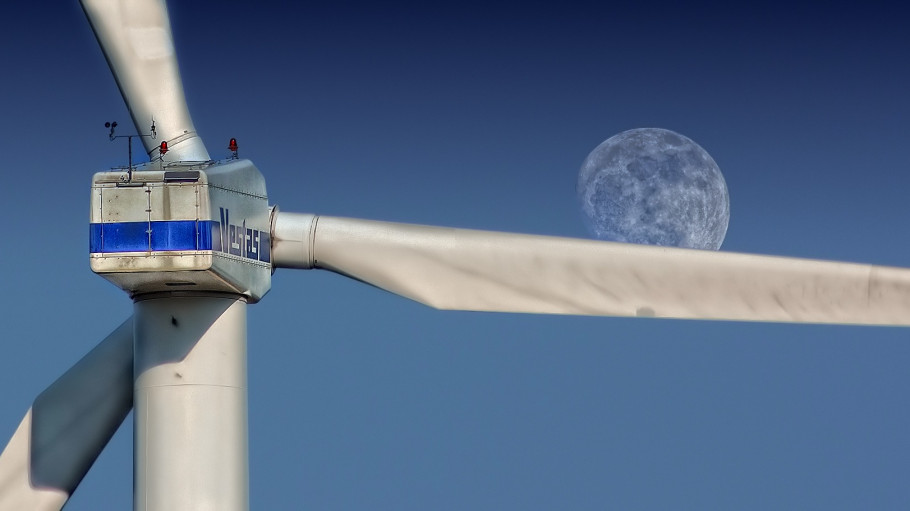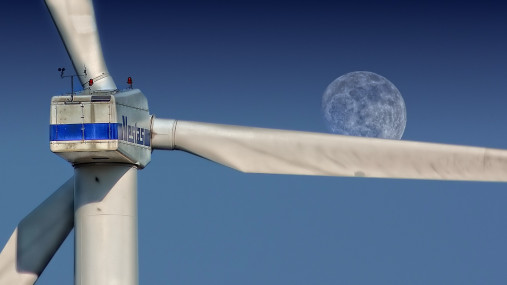
Publications » Position papers » Revision of the Climate, Energy and Environmental Aid Guidelines (CEEAG)
Revision of the Climate, Energy and Environmental Aid Guidelines (CEEAG)
Downloads and links
Recent updates

The Commission’s public consultation on the revised Climate, Energy and Environmental Aid Guidelines (CEEAG) offers s the basis for a thorough debate around the legislative framework that is necessary for a successful transformation of the EU economy towards climate neutrality.
European steel companies are already developing major emission reduction technologies and are willing to continue to accelerate this work in order to fulfil this objective. Such a major transformation of the sector will require significant investment in the new technologies while the sector needs to remain competitive throughout the entire transition and beyond. Furthermore, external factors not directly controlled by the sector (most importantly, access to competitive low carbon energy/electricity and feedstock) will play a crucial role.
The current Commission’s draft proposal on the CEEAG contains elements that may hinder the steel sector’s competitiveness by unduly increasing energy costs, as well as its transition towards electricity-based technologies. In particular, EUROFER underlines the need for revised state aid rules covering the full abatement costs of the new low-carbon processes for those sectors including steel that are the most exposed to international competition. Carbon pricing policies alone such as ETS don’t offer enough protection for counterbalancing carbon leakage-related problems.
Therefore, we need – as soon as possible – a comprehensive policy framework that preserves the competitiveness of the sector and creates the conditions for fostering the necessary investment.

Download this publication or visit associated links
Brussels, 22 March 2024 – The future of a strong and resilient EU can only be forged with steel made in Europe. Europe-made low-carbon steel has a strategic role as it enables a net-zero economy, but today it faces strong headwinds from high energy prices, unfair competition, global overcapacity and growing unilateral carbon costs. The year 2023 has recorded the lowest European crude steel production levels ever, with a number of idled plants and dire impact on workers. Ensuring the enabling conditions for the short-term viability and the decarbonisation of the steel sector urgently needs to be at the top of the EU agenda. This is the message delivered by the European Steel Association together with a number of high-level representatives of the sector on the occasion of the Clean Transition Dialogue on Steel in the presence of the Executive Vice Presidents of the European Commission, Maroš Šefčovič and Margrethe Vestager.
Uses, limits, and realistic potentials of demand-side response from the European steel industry along with a broad set of framework recommendations for an EU policy
Antwerp, 20 February 2024 – Today 73 industry leaders spanning almost 20 industrial sectors presented ‘The Antwerp Declaration for a European Industrial Deal’ to Belgian Prime Minister, Alexander De Croo and Commission President, Ursula von der Leyen. The declaration underlines the commitment of industry to Europe and its transformation and outlines urgent industry needs to make Europe competitive, resilient, and sustainable in the face of dire economic conditions.